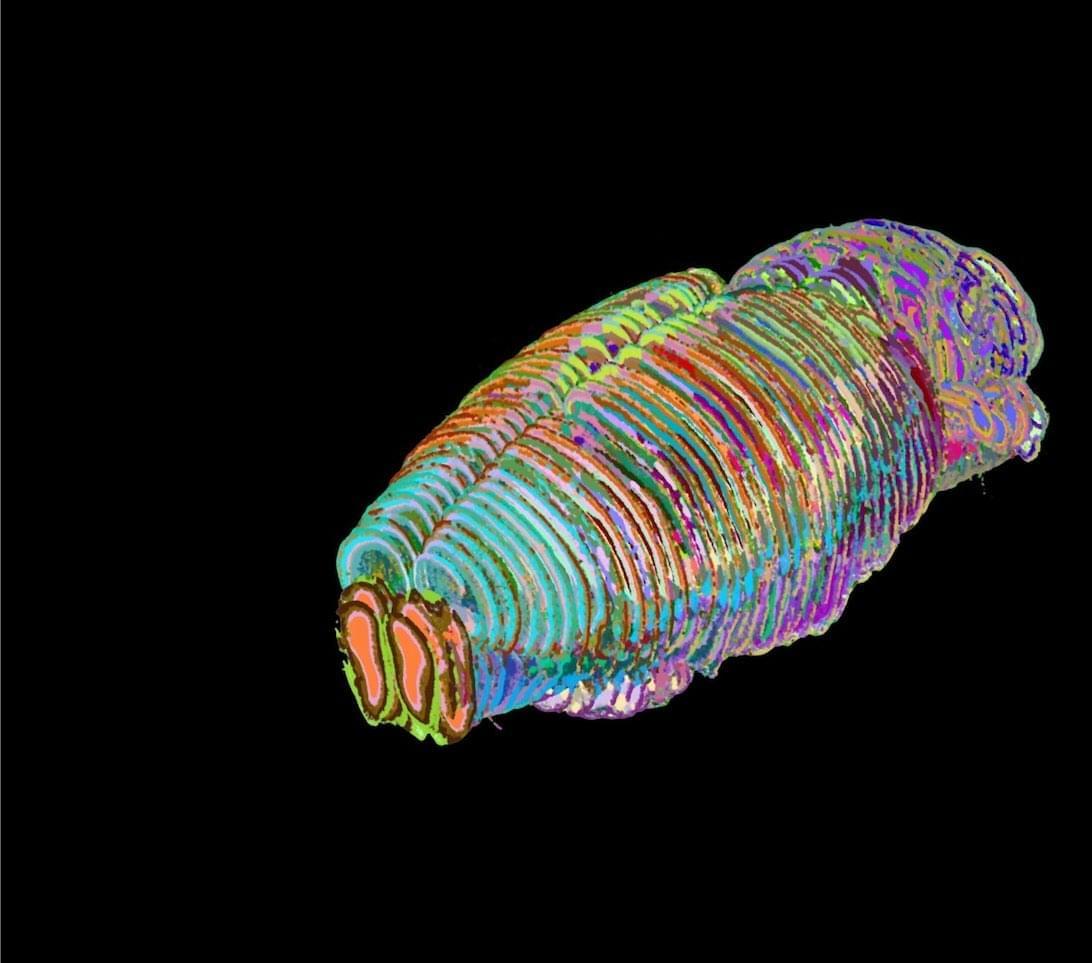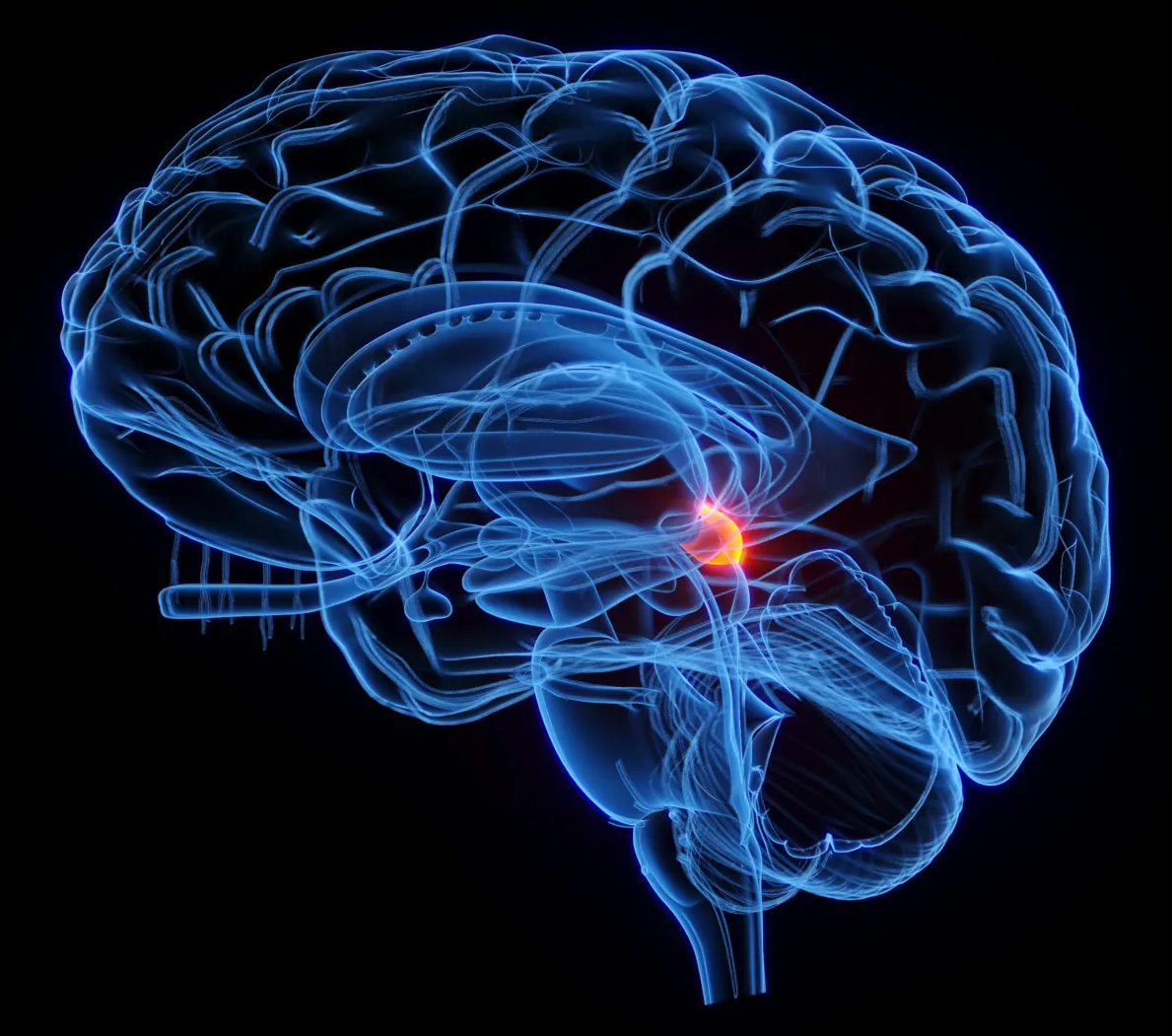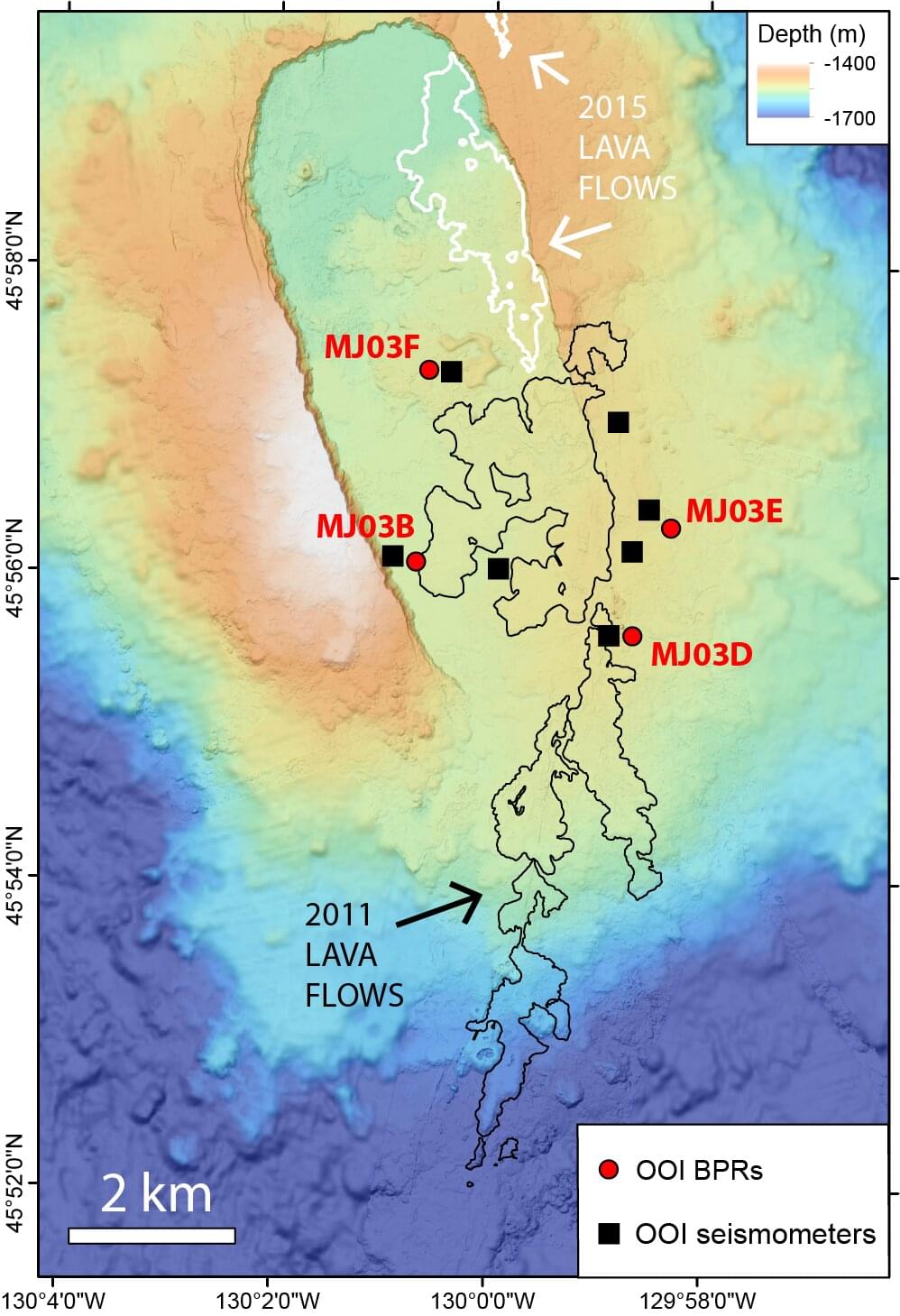Still, it’s not clear what type of qubit will win in the long run. Each type has design benefits that could ultimately make it easier to scale. Ions (which are used by the US-based startup IonQ as well as Quantinuum) offer an advantage because they produce relatively few errors, says Islam: “Even with fewer physical qubits, you can do more.” However, it’s easier to manufacture superconducting qubits. And qubits made of neutral atoms, such as the quantum computers built by the Boston-based startup QuEra, are “easier to trap” than ions, he says.
Besides increasing the number of qubits on its chip, another notable achievement for Quantinuum is that it demonstrated error correction “on the fly,” says David Hayes, the company’s director of computational theory and design, That’s a new capability for its machines. Nvidia GPUs were used to identify errors in the qubits in parallel. Hayes thinks that GPUs are more effective for error correction than chips known as FPGAs, also used in the industry.
Quantinuum has used its computers to investigate the basic physics of magnetism and superconductivity. Earlier this year, it reported simulating a magnet on H2, Helios’s predecessor, with the claim that it “rivals the best classical approaches in expanding our understanding of magnetism.” Along with announcing the introduction of Helios, the company has used the machine to simulate the behavior of electrons in a high-temperature superconductor.









